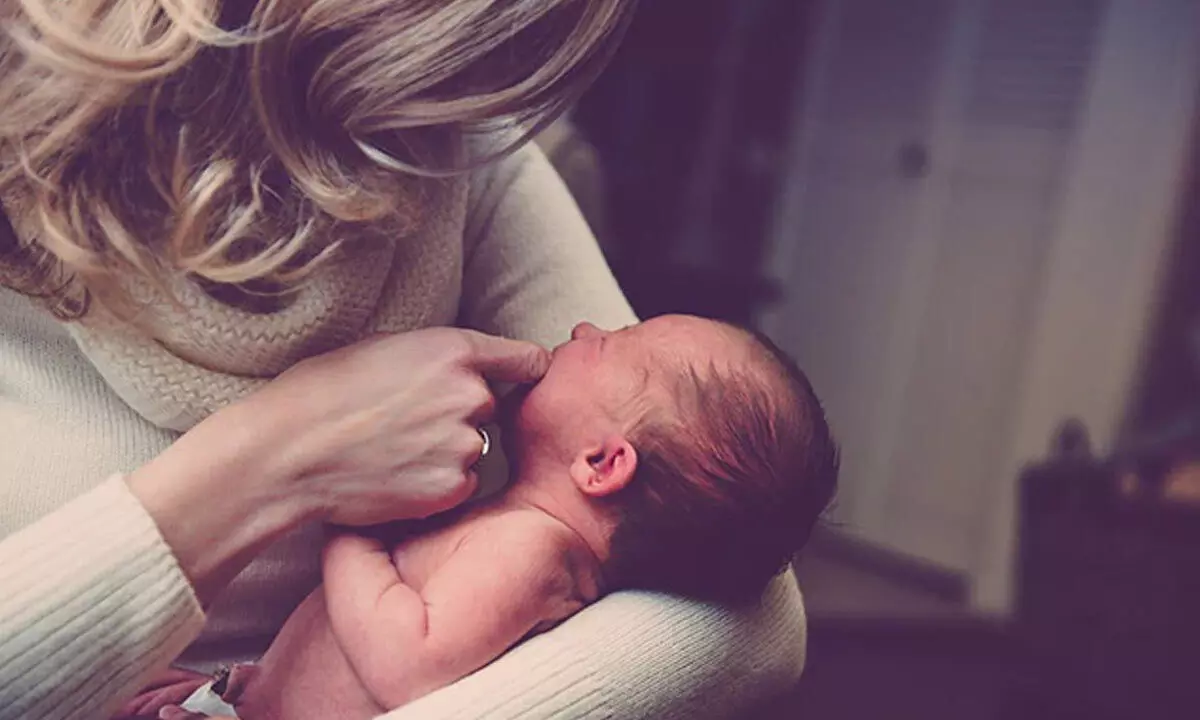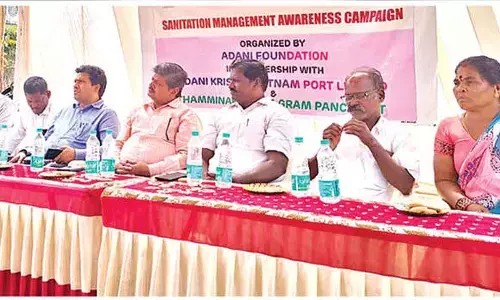Italian Researchers Discover Microplastics In Human Breast Milk

Representational image
- A group of Italian scientists cautioned that microplastics had been discovered in human breast milk for the first time, raising concerns about the potential health effects on infants.
- The research team stated that further study was urgently required because newborns continue to be particularly susceptible to chemical pollutants.
A group of Italian scientists cautioned that microplastics had been discovered in human breast milk for the first time, raising concerns about the potential health effects on infants. A week after giving birth in Italy, 34 healthy mothers submitted milk samples, and investigators found minute plastic particles in three-quarters of them.
The research team stated that further study was urgently required because newborns continue to be particularly susceptible to chemical pollutants. However, they also emphasised that nursing has many more benefits than the negative effects brought on by microplastic pollution.
Microplastics are pieces of plastic that are less than 5mm in length and can be of any sort. Microplastics have been found to be hazardous to human cell lines, lab animals, and marine life, but the consequences on actual people are still unknown. Scientists have now emphasised the risks caused by microplastics in their most recent study.
The mother's consumption of seafood, food and beverages in plastic wrapping, as well as her usage of personal hygiene products containing plastic, were all noted by the researchers in their study. However, they did not discover a connection between the two factors. They concluded that this shows that since microplastics are so prevalent in the environment, human exposure is unavoidable.
Dr Valentina Notarstefano, at the Universita Politecnica delle Marche, in Italy explained that the evidence of microplastics' presence in breast milk enhances the enormous concern for the particularly susceptible population of babies. Finding techniques to lower exposure to these toxins during pregnancy and lactation will be essential.
Microplastics made of polyethene, PVC, and polypropylene were discovered in the research on Polymers. In 2020, an Italian team discovered microplastics in human placentas. Meanwhile, other recent research found that cow's milk can include tiny plastic particles and that bottle-fed infants are likely to be ingesting millions of microplastics every day.
Next Story











